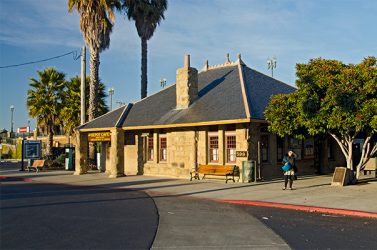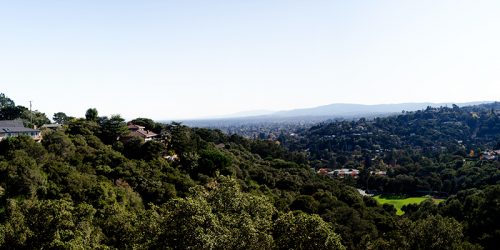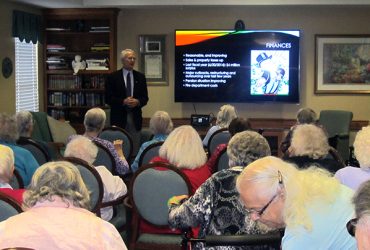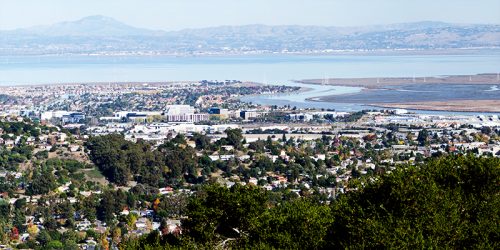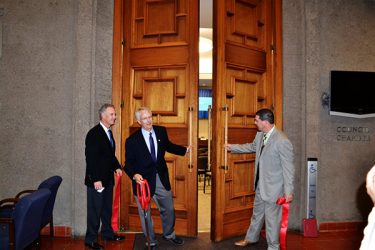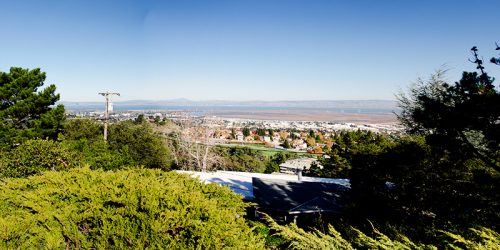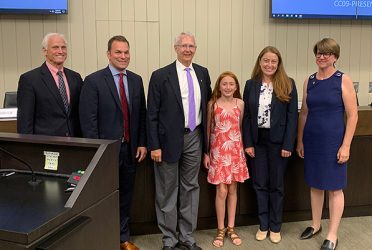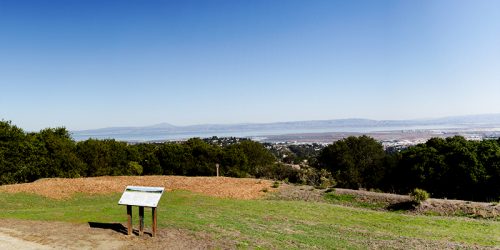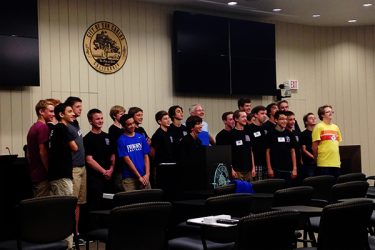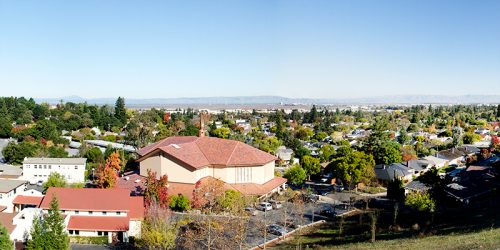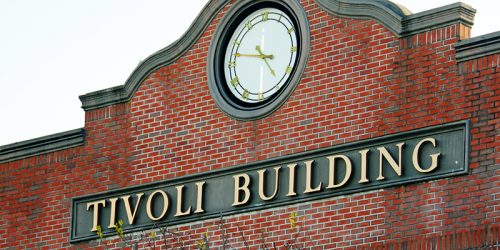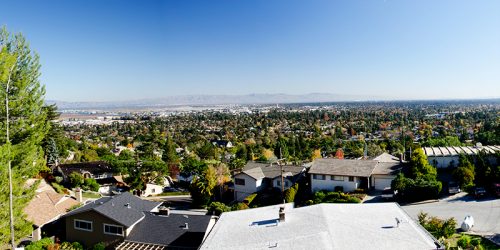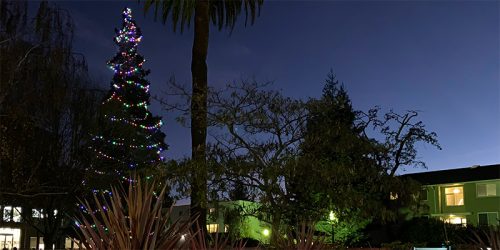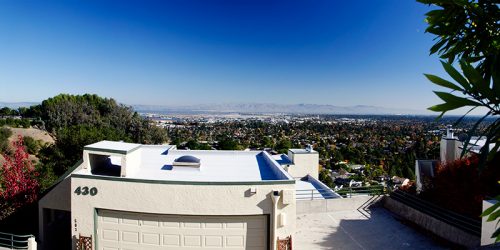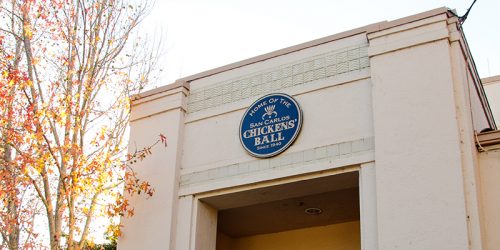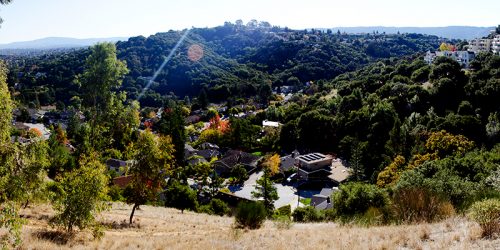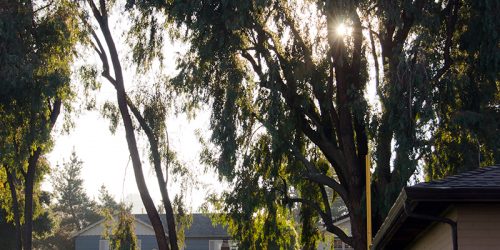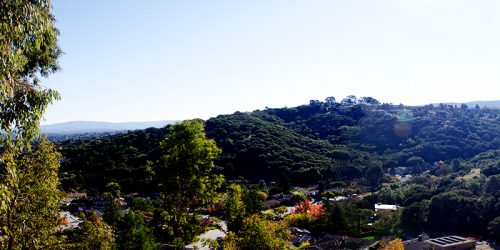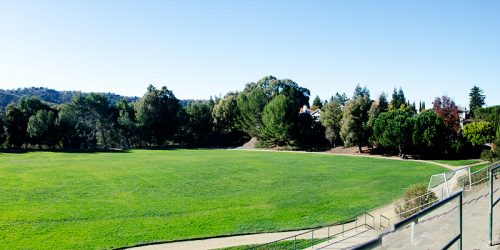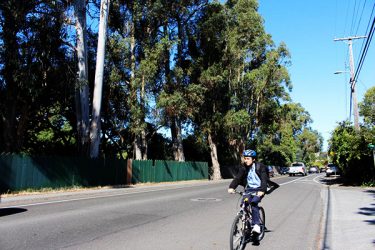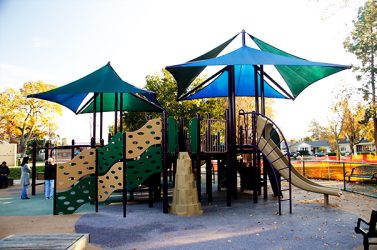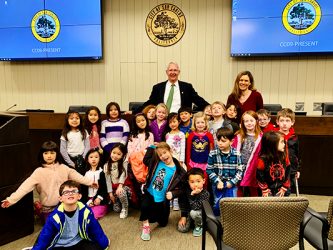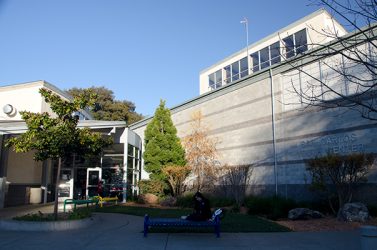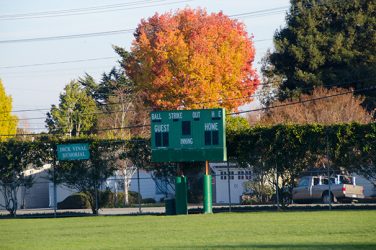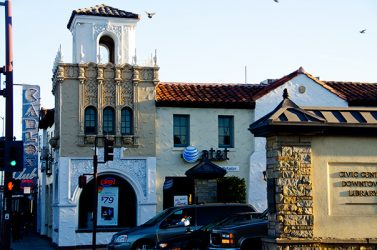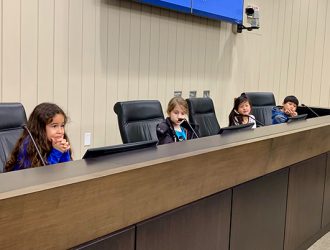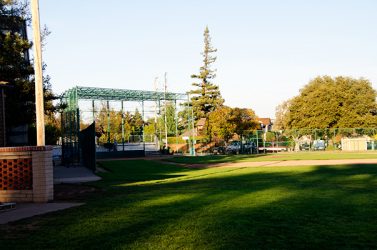Some recent decisions by the Council raised questions about how green the City will continue to be. While I can’t speak for the Council, I don’t believe there’s been any shift in goals. Rather, what’s happening is practices that used to be exceptional are becoming mainstream, and we’re adapting to an evolving legal environment. Here’s what I mean by that.
How Green Is Your Code
Every couple of years the State issues a new building code which cities essentially are required to adopt (a city could choose to create its own code, but that’s prohibitively expensive for a community the size of San Carlos). The new code includes significant efficiencies in how resources (e.g., water, gas, electricity) are consumed. In the energy arena the State has a goal of “zero net energy” impact from new construction as of 2020. At that point, new construction would have to produce at least as much energy as it consumes, resulting in no net impact on energy resources. The 2013 code, which becomes effective on 1/1/2014, will require a roughly 25% reduction in energy utilization compared to the code it replaces.
The 2013 code also imposed a new standard for local enhancements to efficiency standards. Communities will be prohibited from adopting enhancements unless they can be shown to be cost effective. The required calculation isn’t particularly onerous, but it makes previously-adopted enhancements unenforceable until they are analyzed.
What does this mean for San Carlos? We were one of the communities which adopted enhanced energy efficiency standards, which will be invalidated when the energy component of the 2013 building code goes into effect on July 1, 2014 (adoption was delayed to give building departments more time to figure out how to incorporate all the changes, which were substantial). We will have the opportunity to add enhancements that pass cost/benefit muster, should we choose to do so.
But I’m not sure that’s something we need to do. Why? Because the 2013 code already imposes tougher standards than what we currently have in place. Granted, we could choose to stay ahead of the curve, but to me that’s not a particularly compelling argument given the already ambitious zero net energy goal for 2020.
These kinds of transition — when the forward-thinking becomes commonplace — can be difficult to internalize. It’s important to realize “becoming commonplace” means the goal has been achieved, and we can move on to the next one on the list.
Including significant energy efficiency requirements in the building code will also simplify things for home builders. That’s because building codes are, by design, not particularly flexible. Instead, they spell out requirements. So rather than pick and choose options to achieve a certain minimum level of efficiency, simply building to code will suffice. Granted, there’s a loss of flexibility involved. But we won’t have to require home builders to pay for third party verification of their choices, as we do today.
Green Trash
The Council’s decision last night to leave almost all trash rates unchanged or slightly reduced from current levels resulted in a reduction of a long-standing surcharge for large cans. On the face of it, that sounds like the Council is retreating from encouraging people to recycle (or compost) more. But I don’t see it that way. Instead, it’s the result of wanting to minimize the risk of a legal challenge to our trash rates.
Such a challenge might be possible because of Prop 218, passed by voters several years ago. That proposition requires any public “fee for service” activity be priced at the actual cost of the activity. It was pushed by taxpayer rights groups who feared public agencies would do an end around on Prop 13 by making many public functions fee for service, and pricing them to subsidize other public activities.
Like any constitutional initiative, there’s judgment involved in applying the Prop 218 rules. Matt Grocott annually objects to us including the cost of street sweeping in our trash rates because he sees it as an unrelated activity (so far everyone else on the Council has accepted the argument that picking up trash that ended up on the ground is a garbage collection activity). Our trash rates also include allocated staff costs in recognition of the time and effort spent overseeing and administering garbage collection.
But what’s become increasingly clear is that there’s no cost-driven basis for subsidizing small garbage cans so as to encourage recycling. Almost all the cost stems from sending trucks around to pick up stuff, not the size of the cans being picked up (the difference is only a few dollars between the largest and smallest cans). Consequently, we are out of compliance with Prop 218 when we subsidize smaller cans. Granted, we haven’t been sued over the subsidy. But it’s not good practice to flout, knowingly, a clear and tested law.
So reducing the subsidy for smaller trash cans is not a sign of being less green; it’s a sign of wanting to follow the law, and avoid potentially expensive lawsuits.
We can create a subsidy, if we want, by paying for it out of the general fund. That doesn’t violate Prop 218. But it would compete with other civic priorities (e.g., parks and rec programs, public safety). So far I haven’t sensed a willingness on the part of the Council to go that route, probably because recycling is an ingrained habit nowadays, and there is a small cost-based advantage to using the smallest possible garbage can.
